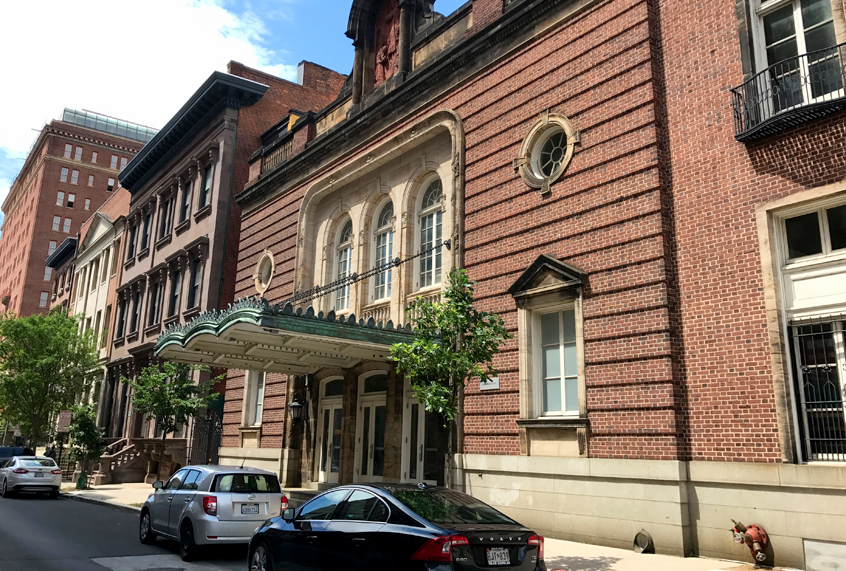Baltimore is facing serious criticism for leaving its schools open during the winter snow season even though many of them lack the facilities to properly warm and protect the students and faculty.
The city’s teachers union is demanding that the schools close because of the cold weather.
“I implore that you close schools in the District until your facilities crew has had time to properly assess and fix the heating issues within the affected schools in Baltimore City,” Baltimore Teachers Union President Marietta English wrote to school system CEO Sonja Santelises on Wednesday, according to The Baltimore Sun.
English added, “This is the best way to ensure the safety of our members and our children.”
Only four of Baltimore’s schools were closed on Wednesday, while students in two others were dismissed early due to heating issues. Stories are piling up about students suffering in the freezing schools.
Many of the buildings are reported to be in a state of disrepair, from broken pipes and bursting boilers to other facilities that do not work as they need to in order to protect students from the cold. One high schooler reported that it got so cold she couldn’t feel her feet, according to NPR. Other students reported being able to see their breath when they exhaled and noticing icicles in their classroom, according to CNN. Teachers and parents have also taken to social media to post pictures of thermostats with temperatures of 40 or 50 degrees and students bundled up under multiple layers of clothing.
“Unfortunately, with the extreme temperatures, new problems can emerge quickly,” Baltimore Public Schools explained in a statement. “Our priority is always to open buildings whenever possible. We want students to have every possible opportunity for teaching and learning, and we also want to make sure that students can get the services and supports that many families rely on — for example, warm meals and before- and after-school care.”


